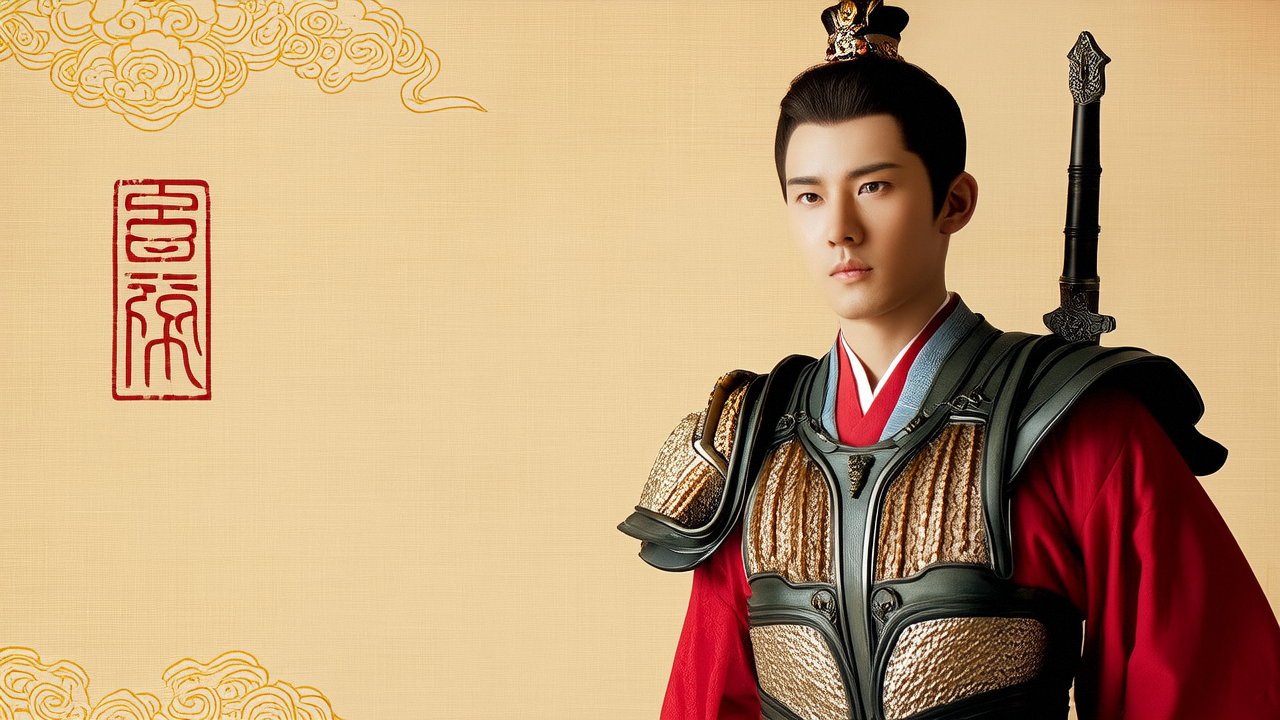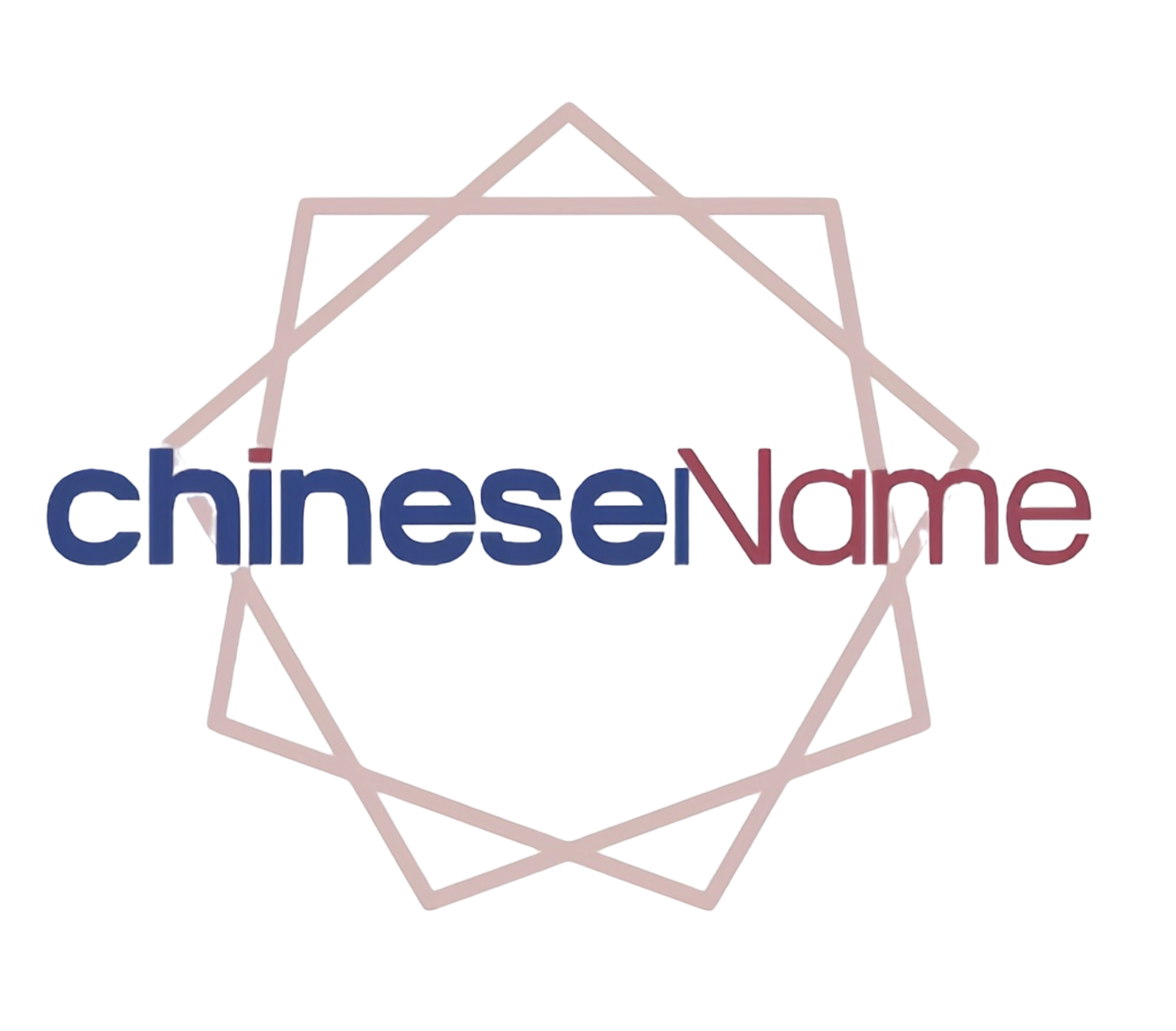Chinese Male Names: Tradition, Meaning, and Modern Approaches

中文名字的传统与现代
探索中国男性名字背后的文化意义、历史渊源与现代创新
在中国文化中,男孩的名字承载着家族期望、文化价值观和对未来的憧憬。与西方常常注重个人喜好或家族传统的命名方式不同,中国男性的名字是经过精心设计的字符组合,旨在影响命运并塑造品格。本指南探讨了中国男性命名传统独特的方面。
👉 Want a meaningful Chinese name for yourself? Try our free name generator here.
The Distinctive Nature of Chinese Male Names
While female names in Chinese culture often emphasize beauty, grace, and gentleness, male names traditionally focus on different qualities:
"名正言顺,名不正则言不顺" ("míng zhèng yán shùn, míng bù zhèng zé yán bù shùn") – "When the name is correct, speech flows; when the name is incorrect, speech falters." For boys especially, a properly chosen name was believed to set them on the right path in life.
Historical Significance of Male Names
Historically, Chinese men could have several names throughout their lifetime:
- Birth Name (名 - míng) - The formal name given at birth
- Courtesy Name (字 - zì) - A name taken at adulthood (traditionally age 20)
- Style Name (号 - hào) - A self-selected name used by scholars and artists
Famous historical example: The renowned poet Li Bai ("李白" - "Lǐ Bái") was also known by his courtesy name "太白" ("Tài Bái") and various style names.
Masculine Character Elements
Chinese male names often incorporate specific elements that convey masculine qualities:
Nature Elements
- 山("shān" - mountain)
- 岳("yuè" - peak)
- 峰("fēng" - summit)
Metal Elements
- 钢("gāng" - steel)
- 铁("tiě" - iron)
- 金("jīn" - gold)
Stone Elements
- 石("shí" - stone)
- 磊("lěi" - pile of stones)
Animals Symbolizing Strength
Dragon (lóng)
The ultimate symbol of male power
Tiger (hǔ)
Courage and protection
Eagle (péng)
Ambition and vision
Military and Leadership Terms
令
Command (lìng)
将
General (jiàng)
胜
Victory (shèng)
Naming Patterns Unique to Boys
Generation Poem System (辈分诗)
Many families have a poem where each character represents a generation. All male cousins of the same generation share the same character in their names.
Example: Mao Family Poem
润泽南国
Mao Zedong's son: 毛润之 (Máo Rùn Zhī)
Numerical Significance
Boys' names sometimes incorporate numbers with cultural significance:
- 五
Five (wǔ)
Representing the Five Elements
- 八
Eight (bā)
Considered extremely lucky and prosperous
- 九
Nine (jiǔ)
Associated with longevity and imperial power
Modern Innovations in Male Naming
Contemporary parents are breaking traditional molds while maintaining cultural roots:
Cross-Cultural Compatibility
Names that work well internationally while maintaining Chinese identity:
- 安东
Ān Dōng
Sounds similar to "Anton"
- 明
Míng
Short, easy to pronounce
Reviving Ancient Characters
Some parents are rediscovering rare classical characters:
- 玄
xuán
Profound, mysterious
- 澄
chéng
Clear, pure
- 翊
yì
Assist, support
Practical Guide for Foreigners
Compatibility with Original Name
Consider phonetic similarity to your original name:
Mài Kè
Phonetic match for "Michael"
Wēi Lián
Phonetic match for "William"
Then add meaningful characters that reflect personal qualities:
Mài Kè Qiáng Shēng
Michael Johnson → 强生 suggests "strong life"
Conclusion
Chinese male names represent a fascinating intersection of linguistic art, cultural values, and family aspirations. Unlike female names that often emphasize beauty and grace, male names typically focus on strength, achievement, and moral character.
Whether you're naming a son, choosing a Chinese name for yourself, or simply appreciating this cultural tradition, understanding the distinct patterns and meanings behind Chinese male names offers insight into Chinese values and the evolving nature of gender expectations in Chinese society.
A well-chosen Chinese male name is more than a label—it's a lifelong companion that can inspire, guide, and connect a boy to his cultural heritage while positioning him for success in the modern world.
